Ebooks have emerged as powerhouses for generating leads, building email lists, and even driving direct sales. But with thousands of ebooks flooding the market every year, how do you make sure yours doesn’t get lost in the shuffle? Whether you’re using your ebook as a lead magnet to attract potential customers or selling it as a valuable resource, effective promotion is key.
The experts agree: the most well-crafted ebook won’t succeed without a solid promotional strategy. That’s why we’ve gathered insights and tactics from the pros, specifically tailored to help you turn your ebook into a lead-generating, sales-boosting machine. Get ready to discover how to connect with your target audience, build buzz, and maximize the impact of your hard work.
For those who love statistics
2018 saw the creation of 129,601 self-published eBooks. eBooks account for about one quarter of global book sales and in 2018 alone, they generated nearly $20 billion, according to Statista. According to a research report by the Content Marketing Institute, 65% of business-to-business (B2B) marketers make use of e-books to generate leads and share their content. Furthermore, people are becoming more and more receptive of eBooks: in 2019, the number of users hit 950.5 million and the market expects to see 1112.4 million users by 2023 and beyond.
But here’s the thing: ebooks are not just about sales. They’re a powerful way to generate leads, build your email list, and establish yourself as an expert in your field. If you’re not using ebooks as part of your marketing strategy, you’re missing out on a huge opportunity.
If your blog content is not ranking well, consider turning it into an ebook! This format not only makes it simpler to share your content, but it also makes it easier for you to share in a way that generates revenue. That being said, you will still need to promote your ebook via social media, email list, and the like. As Andy Crestodina said, “It is not the best content that wins. It’s the best promoted content that does.” But how do you go about successfully promoting your ebook? Here we have gathered from the experts best practices, tips, and insights on how to do just that.
1. Know your Target Audience

To connect with your audience, you need to understand who they are,” says Stefan James from Project Life Mastery. This means more than just knowing their demographics; it’s about understanding their needs, desires, and pain points.
Diana Urban, Industry Marketing Manager at Bookbub, emphasizes the importance of knowing how your audience finds books and what types of books they’re looking for. This information can guide your promotional efforts and help you reach the right people in the right places.
Here’s how you can get to know your target audience:
- Create Reader Personas: Develop detailed profiles of your ideal readers, including their demographics (age, gender, location), interests, and challenges. This will help you tailor your message and choose the right promotional channels.
- Research Online Communities: Join Facebook groups, LinkedIn groups, or online forums where your target audience hangs out. Pay attention to the questions they ask, the problems they discuss, and the language they use.
- Survey Your Existing Audience: If you have an email list or social media following, conduct surveys or polls to learn more about their preferences and needs.
you’ll be able to create targeted promotions that speak directly to their interests, leading to higher engagement and ultimately, more leads and sales. Remember, the most effective promotion is the one that resonates with the people you want to reach.
2. Build Impactful Landing Pages

The founder of My Blog Guest, Ann Smarty, says, “Landing pages are not just popular, they are necessary.” A successful landing page will trigger engagement and publicity, and encourage your visitors to sign up to receive or order the eBook. You may even be able to add to your email marketing list! The idea of a captivating landing page is to create space for your eBook to be easily found.
Tirumala Vedurumudi, the owner of Jeff Bullas, says, “If you don’t have a high-converting landing page and a catchy eBook title, people may not click your link” or engage with your content, and instead might “bounce right off the page, rendering your promotional efforts useless.”
Key Elements of a High-Converting Landing Page:
- Clear Goal: Whether you’re offering a free ebook or selling one, your landing page should have a single, clear purpose. Every element on the page should guide visitors towards that goal.
- Strong Headline: Your headline is the first thing visitors see, so make it count. Highlight the benefits of your ebook and what problem it solves.
- Concise Description: Keep your ebook description brief but informative. Use bullet points to highlight key takeaways or features.
- Engaging Visuals: Use high-quality images or videos that relate to your ebook’s topic and capture attention.
- Compelling Call to Action: Make your call-to-action (CTA) button stand out and use action-oriented language like “Get Your Free Guide” or “Buy Now.”
- Social Proof: Include testimonials, reviews, or trust badges to build credibility and trust.
- Mobile-Friendly Design: Ensure your landing page looks great and functions smoothly on all devices, including smartphones and tablets.
3. Connect with Influencers
 Ann Smarty from Small Biz Trends says, “Influencer marketing has many forms. Go to Twitter and begin conversations with influencers in your industry, and those related.” The idea is to build mutually beneficial relationships focused on offering each other visibility and credibility. Most are pretty generous! They are generally glad to tweet or post about your eBook, if they deem your content useful to their followers as well.
Ann Smarty from Small Biz Trends says, “Influencer marketing has many forms. Go to Twitter and begin conversations with influencers in your industry, and those related.” The idea is to build mutually beneficial relationships focused on offering each other visibility and credibility. Most are pretty generous! They are generally glad to tweet or post about your eBook, if they deem your content useful to their followers as well.
Zsofia Macho from Publish Drive shares Ann’s point of view. “Find influential book bloggers, visit your local newspaper and radio station (everyone loves a local writer), send them your book launch package and ask for a review.” That is, connect! And do so strategically. Connect with influencers who already have a substantial following. Focus your outreach on influencers whose audiences share interests with your target audience. Perhaps offer them a free copy of your eBook a few weeks before its release. In return, they might provide a review or even help you with some hype.
For more insights into the power and prevalence of influencers, particularly in the B2C (business to consumer) market, check out this 2017 report from Linqia. Linqia is a company that uses AI to connect businesses with influencers who can help each other.
Here’s how you can leverage influencers to promote your ebook:
- Identify Relevant Influencers: Research influencers in your niche who have an audience that aligns with your target readers. Look for bloggers, podcasters, social media personalities, or even traditional media figures who cover topics related to your ebook.
- Build Relationships: Don’t just reach out to influencers with a pitch. Engage with their content, share their posts, and leave thoughtful comments. Build a genuine relationship before asking for their help.
- Offer Value: Provide influencers with a free copy of your ebook in exchange for an honest review or mention. You can also offer them an affiliate commission on any sales generated through their promotion.
- Track Your Results: Monitor the impact of your influencer outreach. Which influencers are driving the most traffic or sales? Use this data to refine your approach and focus on the most effective partnerships.
4. Give away portions of your eBook
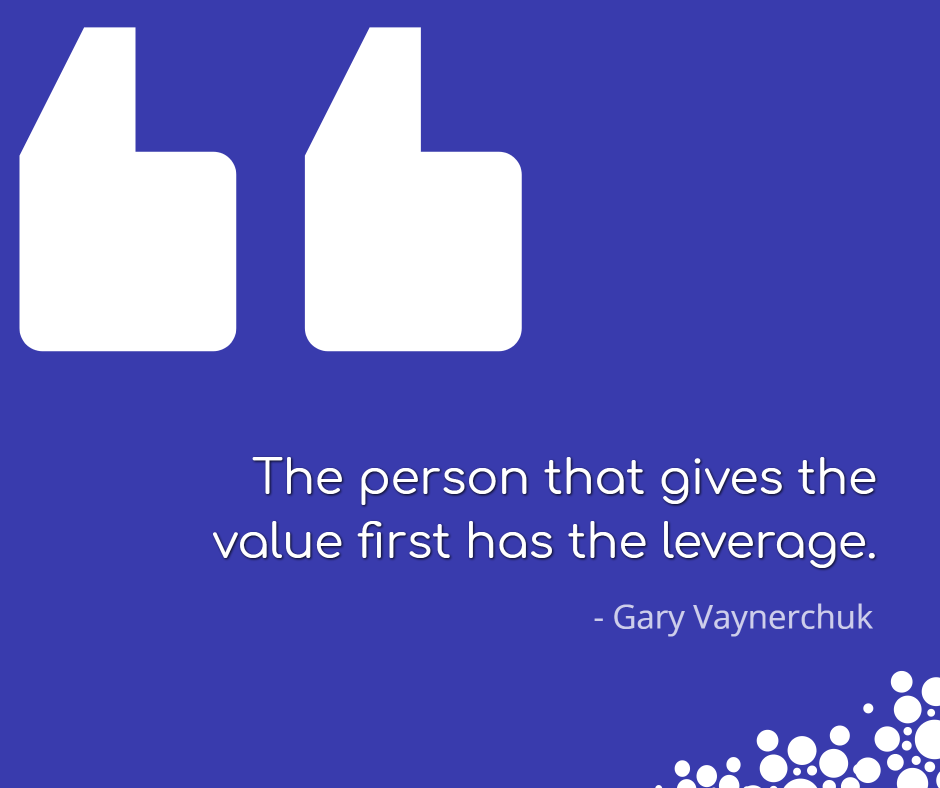 Everyone likes a freebie. That is an easy way to capture your audience right as they hit your landing page. Provide your audience with a snapshot of your story and writing style. Then perhaps they will enjoy your ideas so much they’ll want to go buy your whole book! Just like Gary Vaynerchuk says, “The person that gives the value first has the leverage.” So, ensure the free section is valuable and engaging, not merely a summary.
Everyone likes a freebie. That is an easy way to capture your audience right as they hit your landing page. Provide your audience with a snapshot of your story and writing style. Then perhaps they will enjoy your ideas so much they’ll want to go buy your whole book! Just like Gary Vaynerchuk says, “The person that gives the value first has the leverage.” So, ensure the free section is valuable and engaging, not merely a summary.
The founder of FSB Associates, Fauzia Burke, also writes, “By giving something away for free, you can showcase the value of your content.” She recommends you include case studies or testimonials into the free chapter, which would increase your credibility, and hopefully motivate people to buy the rest of your eBook.
Max Koehn, a marketing and SEO specialist from Press Release Jet, offers this suggestion, “If you have a compelling first chapter, you can generate interest in your book by allowing your audience to download a free PDF copy of the first chapter to make them want more.” Next, you can offer for purchase an activation key or a product code that will allow your customers to unlock the rest of the document.
Here are a few ways to offer a free sample:
- First Chapter: Allow readers to download the first chapter as a PDF. This is a common practice for fiction and non-fiction ebooks alike.
- Summary or Excerpt: Provide a concise summary of your ebook, highlighting the key points and benefits.
- Mini-Ebook: Create a shorter version of your ebook that covers a specific aspect or topic. This can be a great way to demonstrate your expertise and build trust.
5. Use Social Networks effectively
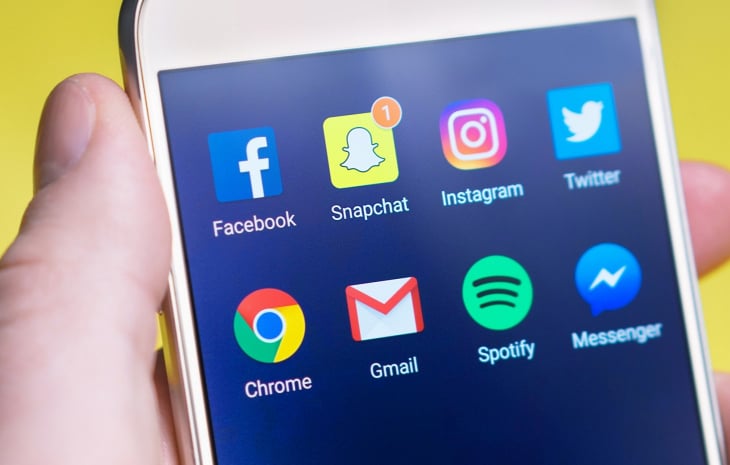
There are about 2 billion social media users in the world, and 54% of those browsers are researching products. Most content marketers leverage their social networks to promote content to a broader audience.
Stefan James says, “A great way to gain massive exposure and build relationships with your viewers is by promoting your eBook across multiple social media platforms.” He is of the opinion that social media is the most effective way to spread your content because you can get it literally across the world with just a few prime connections! So use Facebook, Twitter, Pinterest, and Instagram. Don’t forget about Facebook’s paid advertisement platform: you can choose your audience very specifically.
Here is what Ann Smarty wrote on Small Biz Trends, “Social networks have great opportunities for advertising. But I would say the strongest platform for eBook promotion is going to be Facebook.” You control the budget, and the scope of your visibility is wide relative to the cost.
Derek Haines from Just Publishing Advice uses auto-posting: he says that he sets Twitter and Facebook to post “on a schedule of about once every thirty-six hours.” The feedback he gets from likes and retweets lets him know that people see his posts and seem to view them positively.
Here’s how you can leverage social media for ebook promotion:
- Choose the Right Platforms: Focus on the platforms where your target audience is most active. If you’re targeting professionals, LinkedIn might be a good choice. If your ebook is visually appealing, Instagram could be effective.
- Create Engaging Content: Share excerpts, quotes, behind-the-scenes glimpses, or short videos related to your ebook. Use eye-catching visuals and compelling captions to attract attention.
- Run Contests or Giveaways: Engage your audience by offering a free copy of your ebook or other relevant prizes in exchange for social media shares or follows.
- Paid Advertising: Consider using paid social media advertising to reach a wider audience and target specific demographics or interests.
- Join Relevant Groups and Communities: Participate in online groups or forums related to your ebook’s topic. Share valuable insights and information, and subtly promote your ebook when appropriate.
Remember, social media is about building relationships and engaging with your audience. Be genuine, provide value, and don’t be afraid to experiment with different formats and strategies to see what works best for your ebook.
6. Take advantage of free eBook promotion websites
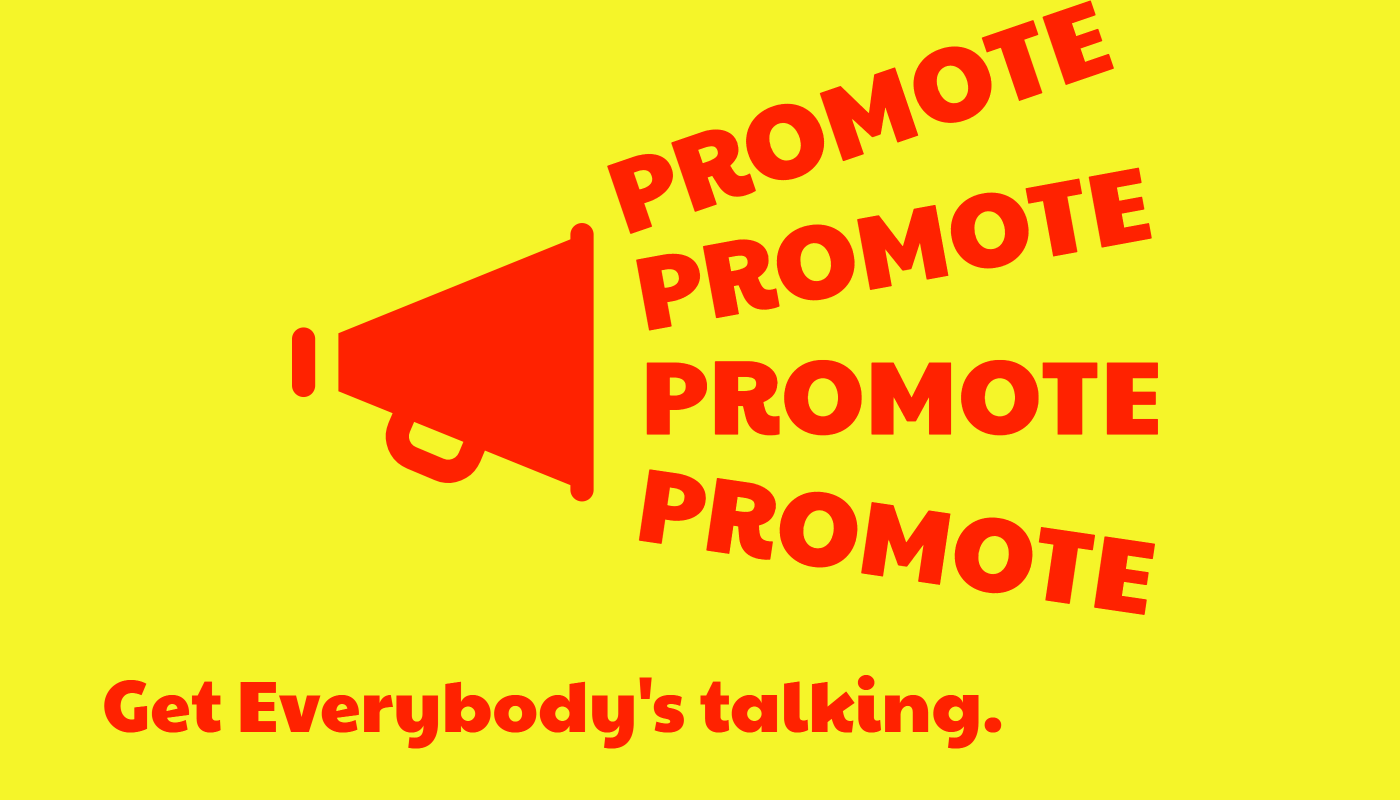
According to Dave Chesson from Kindlepreneur, “These book promotion sites have collected a very targeted bunch of emails or built up a large social media account and are willing to do some free book promoting on your behalf.” You provide them with information about your ebook, and they will relay that information to their consumers. The expectation is that, as those consumers download the e-book, some of them are likely to leave reviews and the uptick in downloads should boost your ranking on Amazon.
Tirumala Vedurumudi says, “There are several platforms in the digital space where you can share and submit your content and subsequently drive a large amount of traffic back to your eBook landing page.” He uses platforms such as Medium, Scoop.it, Tumblr, and StumbleUpon.
Here are some free ebook promotion websites to consider:
- BookBub: This popular platform features daily ebook deals and recommendations. While getting featured isn’t guaranteed, it’s worth submitting your ebook for consideration, especially if it’s priced competitively or offered for free.
- Goodreads: Create a Goodreads author page and add your ebook to the platform. Encourage readers to leave reviews, as positive reviews can attract more attention.
- ManyBooks: This website offers a wide variety of free ebooks. While you won’t earn direct income, it’s a great way to gain exposure and build your author brand.
- Ereader News Today (ENT): This platform promotes free and discounted ebooks across various genres. Submitting your ebook to ENT can boost visibility and downloads.
In addition to these dedicated ebook promotion sites, consider leveraging social media platforms and online communities to share your ebook.
7. Repackage the eBook in different formats
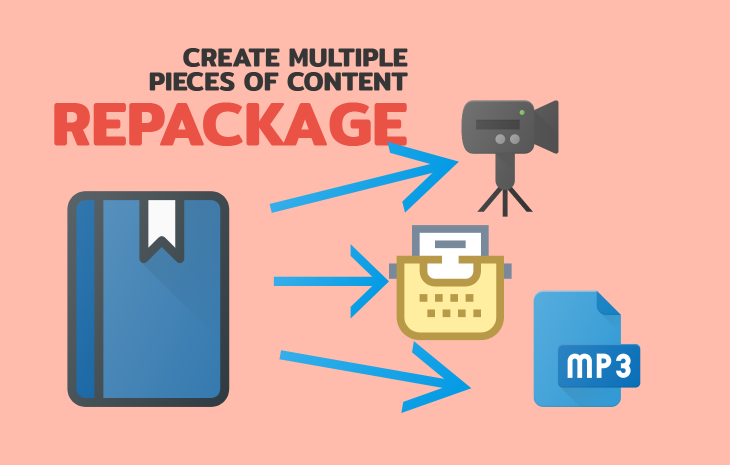
Ann Smarty says she loves repackaging, and she always recommends “planning your repackaging strategy when you are still writing the book.” Repackaging comes in the form of putting your content in different media types. Blog posts are a good example. Tirumala Vedurumudi, says, “Write a couple of blog posts which relate to or complement your eBook.” Keeping a presence in the conversation helps solidify your audience’s trust in you as a thought leader in your subject matter. After all, 77% of internet browsers read blogs, so tap into that market! Make sure you keyword-optimize your posts. This allows you to tie related posts together and keep your audience engaged with your content.
Here are some ideas for repackaging your ebook:
- Blog Posts: Break down your ebook into a series of blog posts, each focusing on a specific chapter or topic. This can drive traffic to your website and create interest in the full ebook.
- Social Media Snippets: Extract compelling quotes, statistics, or insights from your ebook and share them on social media platforms like Twitter, LinkedIn, or Instagram.
- Infographics or Visuals: Transform key data or concepts from your ebook into eye-catching infographics or visual summaries. These can be shared on social media, embedded in blog posts, or used as standalone promotional materials.
- Presentations or Webinars: Repurpose your ebook content into a presentation or webinar format. Offer these as free resources to attract leads or as paid events to generate revenue.
- Audiobooks or Podcasts: If your ebook lends itself to an audio format, consider creating an audiobook or podcast series. This can open up your content to a new audience of auditory learners.
8. Create a video
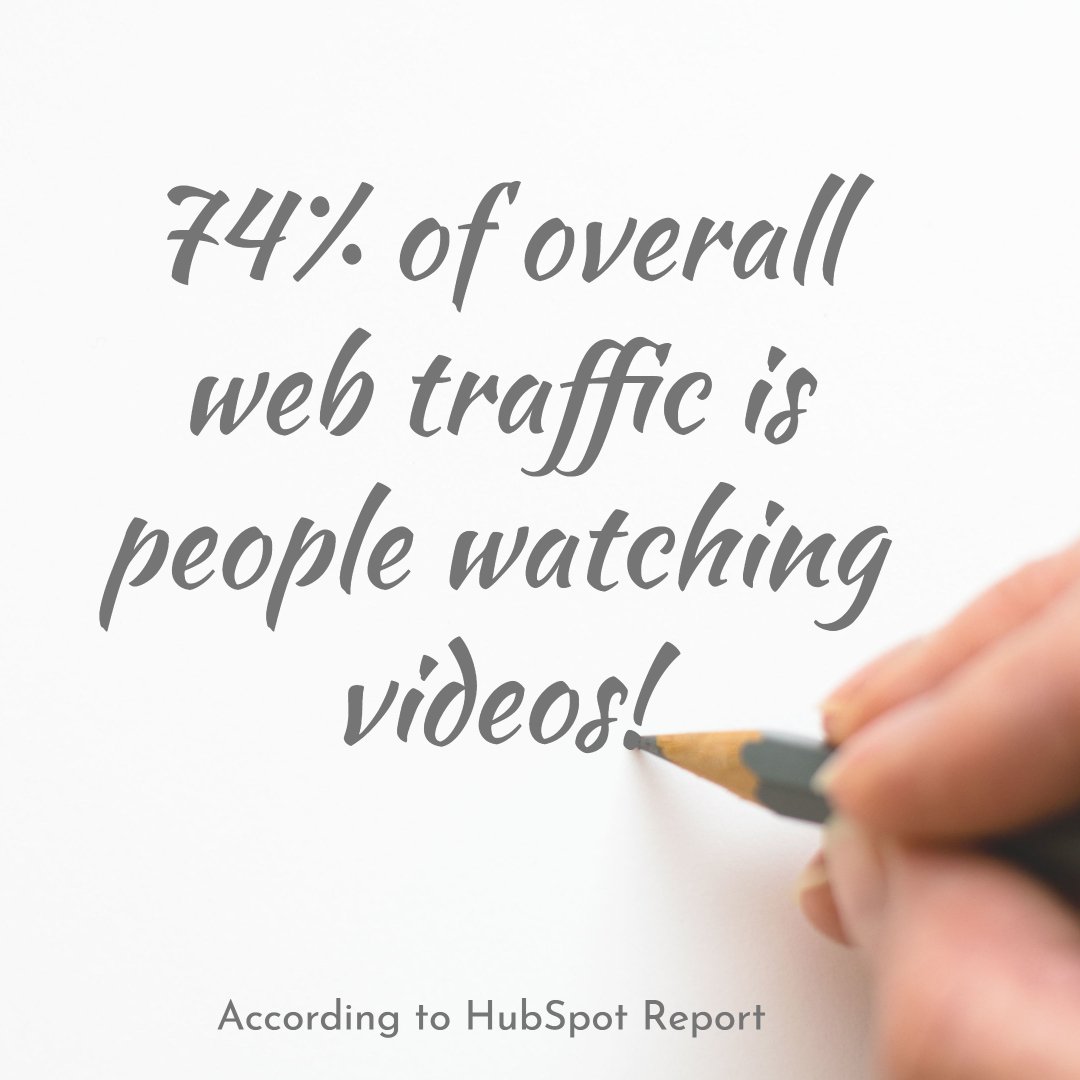 Hub Spot offers a report that 74% of overall web traffic is people watching videos. In fact, given a choice between text and video, most senior executives would go for the video first.
Hub Spot offers a report that 74% of overall web traffic is people watching videos. In fact, given a choice between text and video, most senior executives would go for the video first.
As Max Koehn writes on Quora, “If a picture is worth a thousand words, a video is worth millions.” He suggests you create an engaging but straightforward trailer for your eBook. Then, use the video in your press release and put the link on your social network platforms.
91% of business-to-business marketers use content marketing to establish and build communities. They know, as did Confuscius, that audiences must feel involved if you want them to buy your content. “Tell me and I will forget. Show me and I may remember. Involve me and I will understand.” Stefan James recommends finding a way to connect to your readers on an emotional level in order to better involve them with your material. “The power of video is that it has the ability to engage with your audience in a way that written words cannot.”
A good video trailer should be short, engaging, and highlight the key benefits of your ebook. Here are some tips for creating a compelling video trailer:
- Keep it Short: Aim for a video length of 30 seconds to 1 minute. This is enough time to capture attention and deliver your message without overwhelming viewers.
- Highlight Benefits: Clearly communicate what readers will gain from your ebook. Will it solve a problem? Teach them a new skill? Provide valuable insights?
- Use Compelling Visuals: Use high-quality images or video clips that relate to your ebook’s topic and create a visually appealing experience.
- Add Music or Sound Effects: Choose music or sound effects that complement your message and create an emotional connection with viewers.
- End with a Call to Action: Tell viewers where they can learn more about your ebook or how they can purchase it.
Once your video trailer is ready, share it on social media platforms, embed it on your landing page, and include it in email campaigns. This can significantly increase visibility for your ebook and attract new readers.
9. Become an authoritative voice within your subject matter
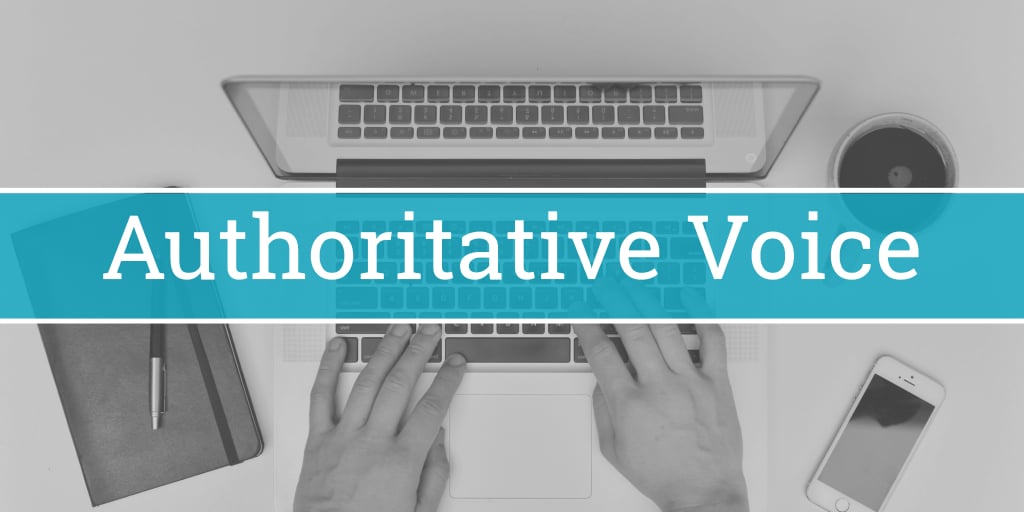 Max Koehn says, “Provide background information about the life experiences that you have had which make you an expert.” If, for example, your eBook is based on school bullying and you are a school counselor, then share with your audience your personal experience. He suggests using your press release and your blog to share a few sentences about your background, a short biography paragraph, or sorts. Stefan James says, “When it comes to promoting yourself as an authority figure in the publishing world, blogging is an invaluable tool to use, and it’s free!” Your website ought to provide some information illustrating your credibility in the industry, as well as a way to contact you so that your visitors know that you are a real person.
Max Koehn says, “Provide background information about the life experiences that you have had which make you an expert.” If, for example, your eBook is based on school bullying and you are a school counselor, then share with your audience your personal experience. He suggests using your press release and your blog to share a few sentences about your background, a short biography paragraph, or sorts. Stefan James says, “When it comes to promoting yourself as an authority figure in the publishing world, blogging is an invaluable tool to use, and it’s free!” Your website ought to provide some information illustrating your credibility in the industry, as well as a way to contact you so that your visitors know that you are a real person.
Here are some ways to position yourself as an expert:
- Share Your Expertise: Blog regularly about topics related to your ebook, offer free webinars or workshops, and participate in online discussions or Q&A sessions.
- Guest Post on Other Websites: Contribute articles or blog posts to reputable websites or blogs in your industry. This can expose your work to a new audience and establish you as a thought leader.
- Build Your Social Media Presence: Share insightful content on social media, engage with your followers, and participate in relevant conversations.
- Seek Speaking Opportunities: Speak at conferences, events, or industry gatherings to showcase your expertise and connect with potential readers.
- Create a Strong Author Platform: Develop a professional website or author page that highlights your credentials, experience, and published works.
Remember, becoming an authority takes time and effort. Focus on consistently delivering high-quality content, engaging with your audience, and sharing your unique insights and perspectives.
10. Publish articles as a guest blogger on related websites
 Bryan Harris, the founder of Videofruit, experienced a 500% increase in page views from a guest post he published on OkDork. Guest blogging doesn’t just help the blog owner; it helps solidify your credibility and connects you with even more potential followers.
Bryan Harris, the founder of Videofruit, experienced a 500% increase in page views from a guest post he published on OkDork. Guest blogging doesn’t just help the blog owner; it helps solidify your credibility and connects you with even more potential followers.
Beth Hayden from Jane Friedman.com says, “Guest blogging is an excellent way to get more subscribers, build your platform and get more book sales. When done strategically, regular guest posting can be your most powerful book promotion tool.” Therefore, she recommends you do your research: find trusted blogs covering your same subject matter, contact the owners, and ask them about joining them as a guest blogger. You might even learn something!
Here’s how to make guest blogging work for your ebook:
- Identify Target Websites: Look for well-respected blogs or websites in your niche that accept guest posts. Choose sites with a readership that aligns with your target audience.
- Pitch Compelling Ideas: Don’t just send a generic pitch. Research the website’s content and propose original, valuable topics that will resonate with their audience.
- Write High-Quality Content: Craft well-written, informative articles that showcase your expertise and provide value to readers.
- Include a Bio and Links: Include a short author bio at the end of your post, linking to your website or landing page where readers can learn more about your ebook.
- Promote Your Guest Posts: Share your guest posts on your social media channels and encourage your followers to check them out.
11. Paid Advertising: Amplify Your Reach
While many effective ebook promotion strategies are free, investing in paid advertising can significantly amplify your reach and accelerate your results. Paid advertising allows you to target specific audiences, control your budget, and track your performance with precision.
Here are some popular paid advertising options for ebook promotion:
- Amazon Advertising: If you’re selling your ebook on Amazon, their advertising platform allows you to target readers based on their interests, search terms, and purchase history. This can be a highly effective way to get your ebook in front of people who are already looking for similar content.
- Facebook Ads: Facebook offers a robust advertising platform with detailed targeting options. You can reach people based on demographics, interests, behaviors, and even their connections to specific pages or groups.
- Google Ads: Google Ads allows you to display your ebook in search results and on relevant websites. You can target keywords related to your ebook’s topic or genre, ensuring your ads reach people who are actively searching for information or resources.
When considering paid advertising, start with a small budget and experiment with different platforms and targeting options. Track your results carefully to see which campaigns are generating the most clicks, downloads, or sales.
Remember, paid advertising is an investment, not a magic bullet. It’s most effective when combined with other organic promotion strategies, such as content marketing, social media engagement, and influencer outreach.
Final Thoughts
eBooks are one of the best methods by which you can share your expertise and generate quality leads at the same time. Take these insights from the experts on how to enhance your eBook’s visibility. As Fauzia Burke from HuffPost says, “Not all ideas will work for you, and not all ideas will produce sales, but if you stick with a long-term strategy, you’ll build a relationship with your reader which is more important than ever.”
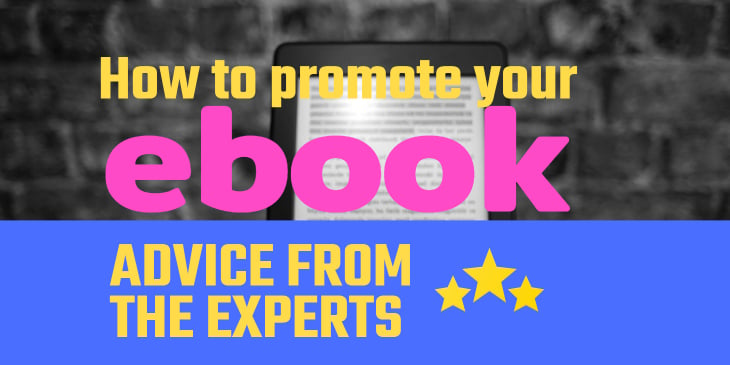
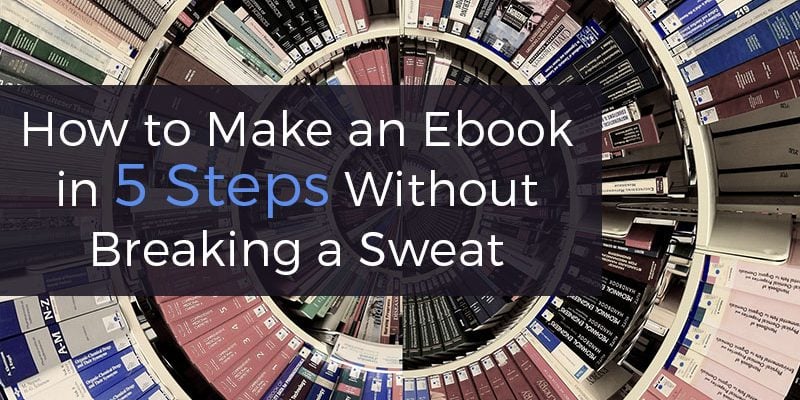
![A Full Guide to Buyer Persona + [Template]](https://designrr.io/wp-content/uploads/2019/11/A-Full-Guide-to-Buyer-Persona-Template-800x400.jpg)